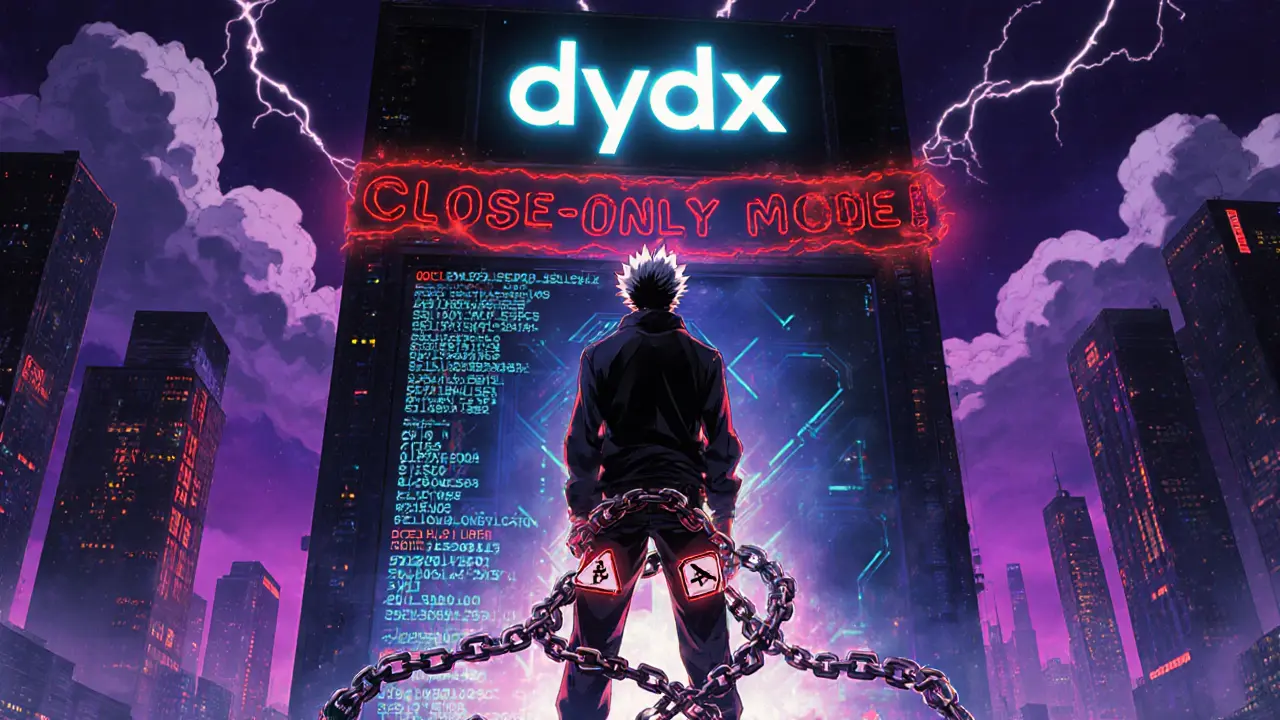

When you trade on dYdX, a decentralized exchange built for margin and perpetual trading. Also known as dYdX Protocol, it lets users trade with leverage without handing over their keys — until compliance changed the game. Before 2023, dYdX was the go-to for traders who wanted full control and high leverage. But after regulatory pressure from the U.S. SEC and evolving global rules like MiCA in Europe, dYdX had to choose: stay fully decentralized or adapt to survive.
Today, dYdX compliance, the shift toward regulatory alignment on the centralized layer of the platform. This includes KYC checks for U.S. users and restrictions on certain trading features. It’s not a full takeover — the core trading engine is still on-chain — but the front-end now enforces rules that used to be ignored. That means U.S. traders can’t use 25x leverage anymore. They can’t trade certain tokens. And they must verify their identity to access the platform. Meanwhile, non-U.S. users still get more freedom, but even they’re seeing changes as dYdX prepares for global regulation.
Why does this matter? Because dYdX was once the poster child for "trustless" trading. Now, it’s caught between two worlds: the ideal of decentralized finance and the reality of legal requirements. If you’re using dYdX, you’re no longer just choosing a platform — you’re choosing a stance on regulation. Some traders left for fully unregulated alternatives. Others stayed, accepting the trade-off: less freedom, but more protection from sudden shutdowns and legal action.
Looking at the posts below, you’ll see how dYdX compliance fits into bigger trends. You’ll find reviews of exchanges that are MiCA-compliant, like ZBX, and others that got shut down for ignoring rules, like Hello Global Exchange. You’ll see how blockchain records help with audits — a key part of compliance. And you’ll learn how countries like Nigeria and India are shaping their own crypto rules, which directly impact platforms like dYdX. This isn’t just about one exchange. It’s about how the entire crypto trading landscape is being reshaped by law, not code.

dYdX claims to be a decentralized crypto exchange, yet blocks users from over 20 countries including the U.S., UK, and Canada. This article breaks down how and why a platform marketed as trustless still enforces geo-restrictions through centralized control.